With 232 pages and an expanded 12″ by 12″ format, our biggest print issue yet celebrates the people, places, music, and art of our hometown, including cover features on David Lynch, Nipsey Hussle, Syd, and Phoebe Bridgers’ Saddest Factory Records, plus Brian Wilson, Cuco, Ty Segall, Lord Huron, Remi Wolf, The Doors, the art of RISK, Taz, Estevan Oriol, Kii Arens, and Edward Colver, and so much more.




Photo by Michael Muller. Image design by Gene Bresler at Catch Light Digital. Cobver design by Jerome Curchod.
Phoebe Bridgers makeup: Jenna Nelson (using Smashbox Cosmetics)
Phoebe Bridgers hair: Lauren Palmer-Smith
MUNA hair/makeup: Caitlin Wronski
The Los Angeles Issue

Lorde, Virgin
The pop star retains the tainted-love throb of electro rhythm on a fourth LP that’s high on affection, low on gloss, and geared toward transcendence and sneaky sexuality.

Frankie Cosmos, Different Talking
Greta Kline’s sixth album finds her clicking with her new band, lending these songs a DIY quality reminiscent of her early demos despite digging into themes exclusive to adulthood.

BC Camplight, A Sober Conversation
The UK-via-NJ songwriter’s blackly comic neo-chamber-pop missive on sobriety still manages to speak to the upbeat without a snip of excess emotion.
Jeff Terich
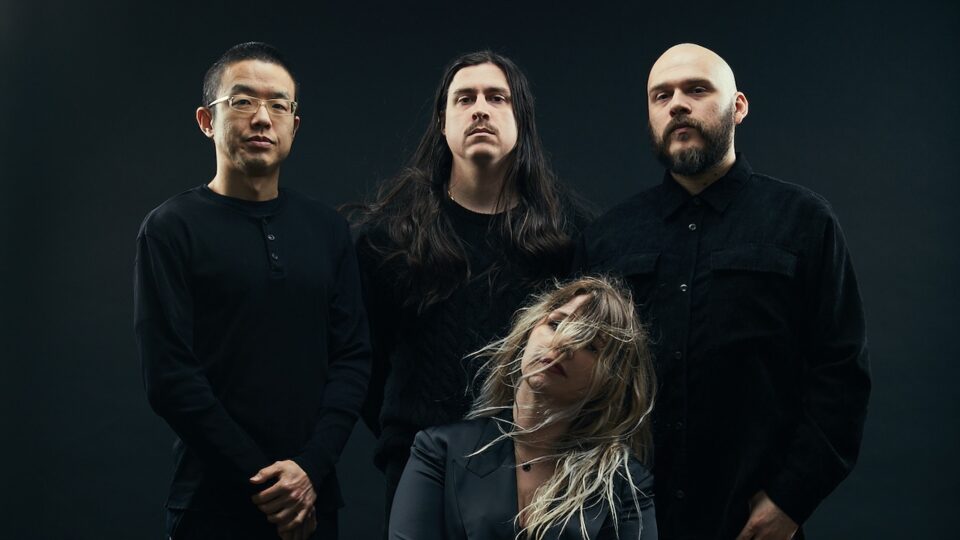
The LA post-metal band explores more complex songwriting and conflicting emotions on their fourth full-length, out now via Dune Altar/Church Road.

The Cali psych-rockers offer tangible connections between their early, blazing garage bashers and later forays into more progressive terrain with their adventurously cohesive sixth LP.
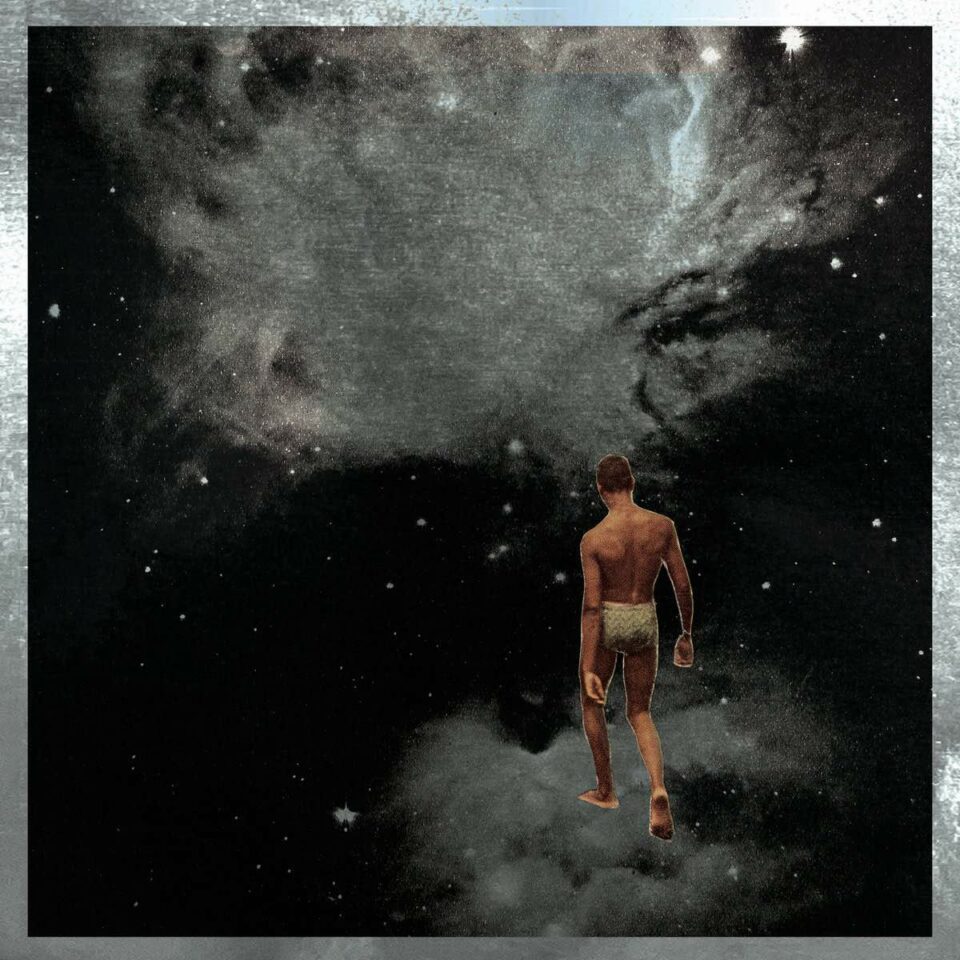
The fourth installment in Red Hot’s Sun Ra tribute series sees the modern classical ensemble taking the reins for an eclectic and suitably experimental interpretation on the jazz legend’s music.
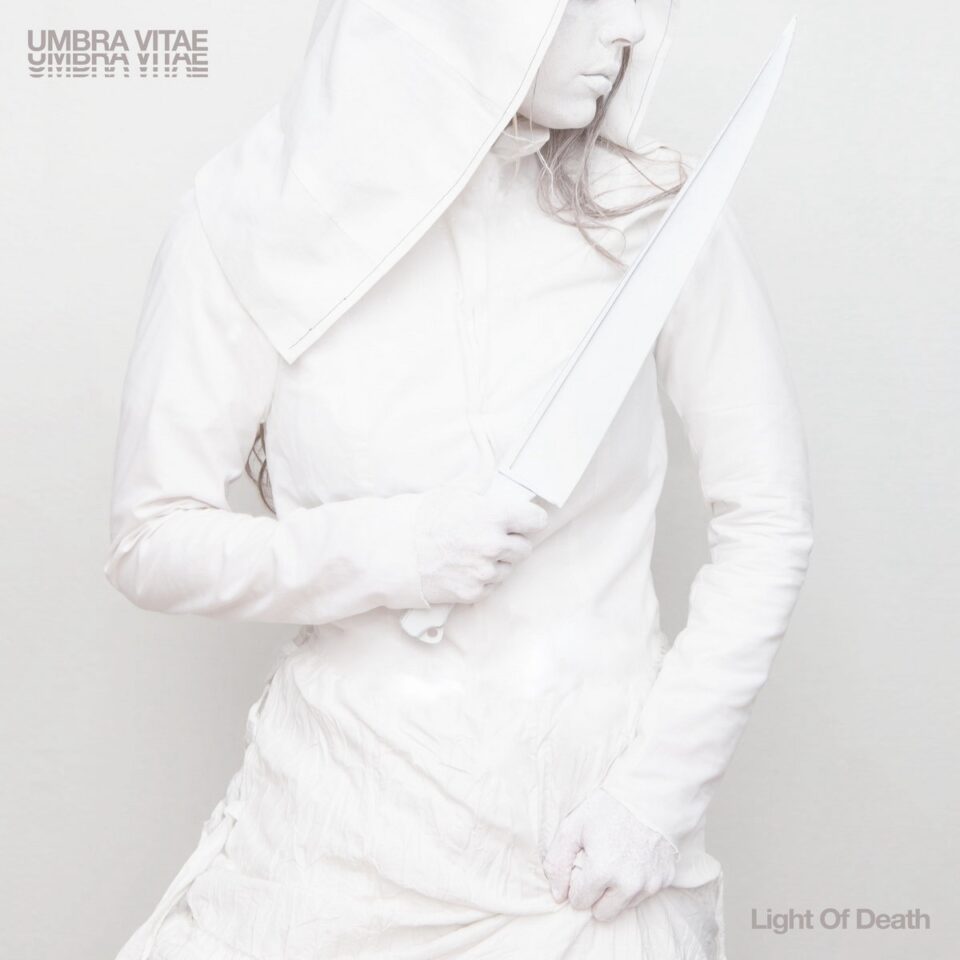
The supergroup featuring members of Converge, Twitching Tongues, and more builds on their firecracker debut with an even more diverse, visceral, and sophisticated set of violent scorchers.
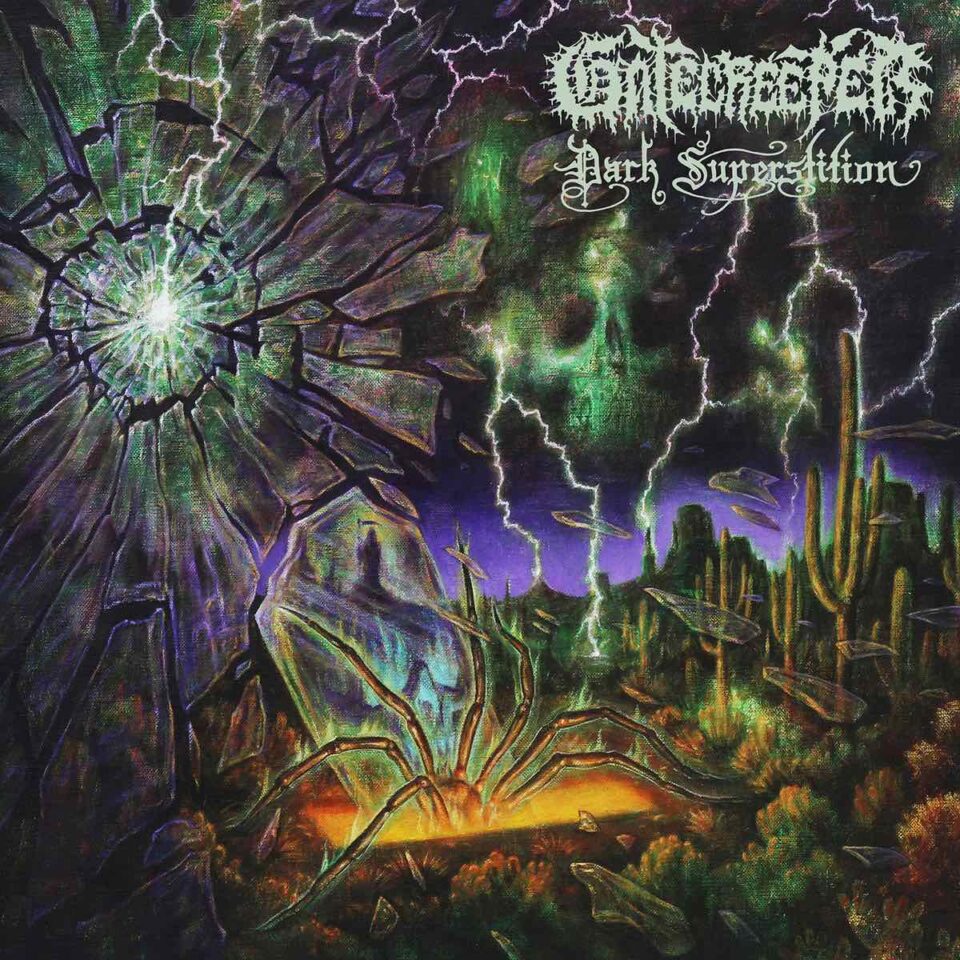
On their third full-length, the Arizona death-metal group sharpen their songwriting while honing in further on a more pronounced melodic side.
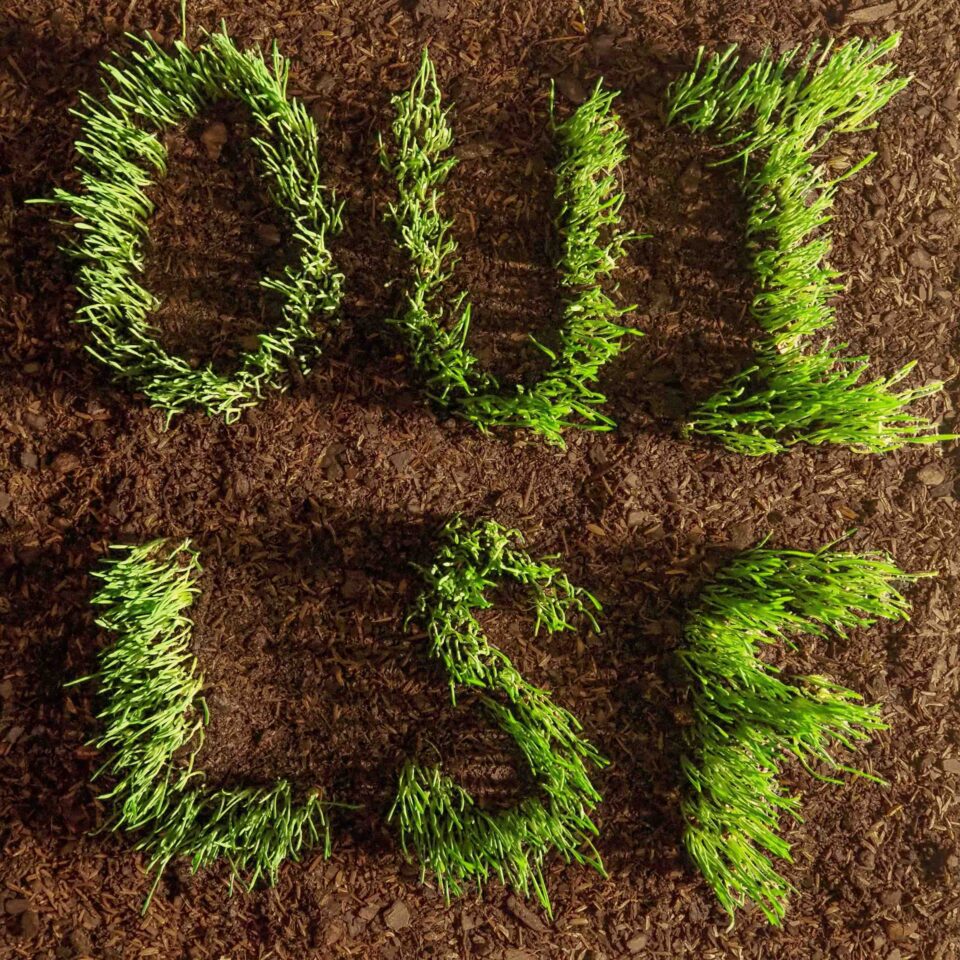
The Brooklyn dance-punk group ends over a decade of inactivity with an album that simply feels like five friends reveling in the opportunity to get back in the same room together to rock out.

Though continuing to build off the blueprint of 2012’s Attack on Memory, Dylan Baldi replaces some of that early release’s angst with a measured positivity on the group’s eighth album.
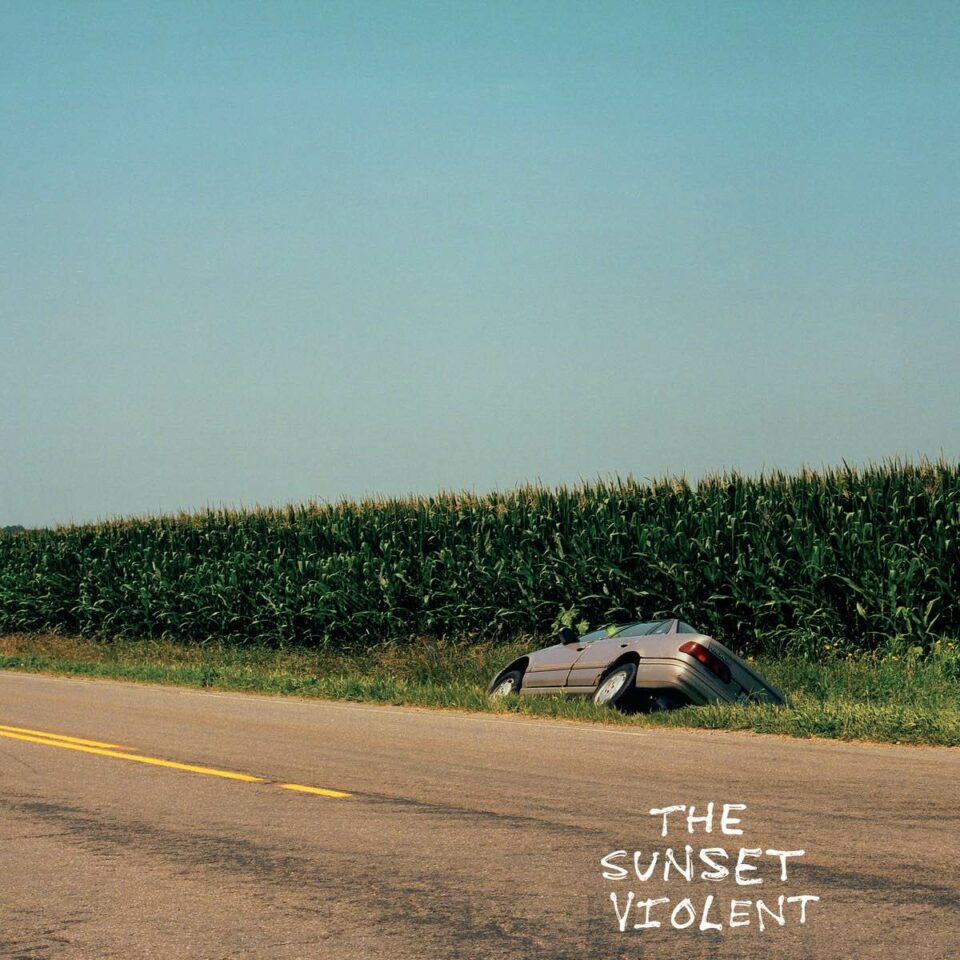
Expanded into a proper four-piece band, Dom Maker and Kai Campos’ long-running art-pop project revels in the possibilities of hypnotic indie rock with convention-shattering results.
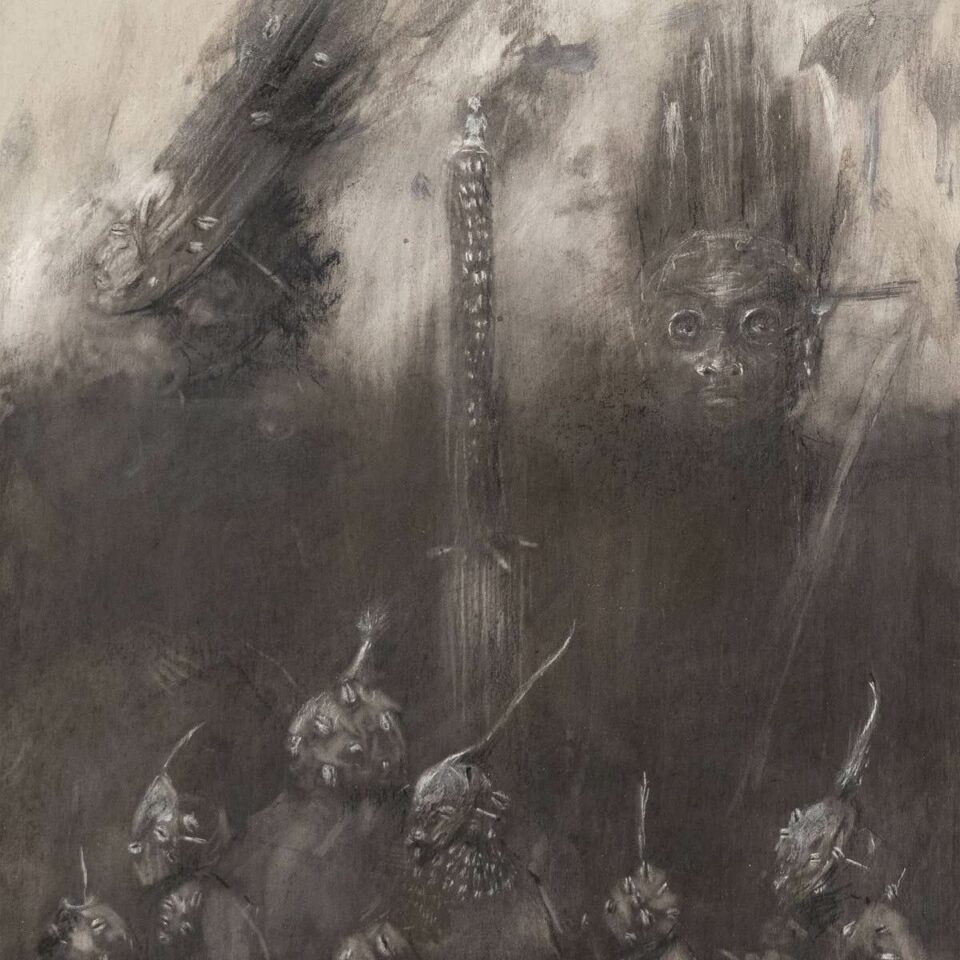
Camae Ayewa delves deep into the history of British colonialism and its lasting legacy with some of the most intense and harrowing sounds of her wide-ranging career.

As its title implies, the Leeds post-punks’ second album pulls back for a broader view of a future that hasn’t quite delivered on its potential while exploring what lies beyond their familiar sound.
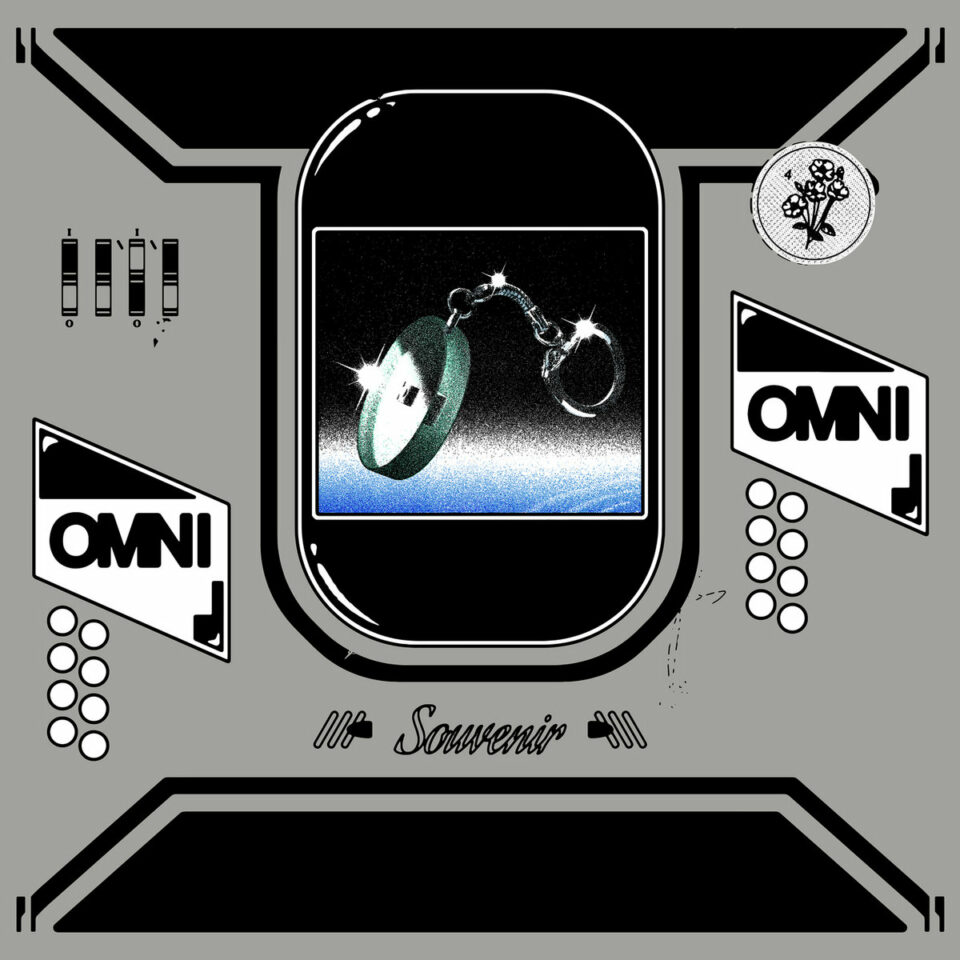
The post-punk trio’s fourth album doesn’t dramatically alter their basic foundation despite a slight angle toward more generous use of space.
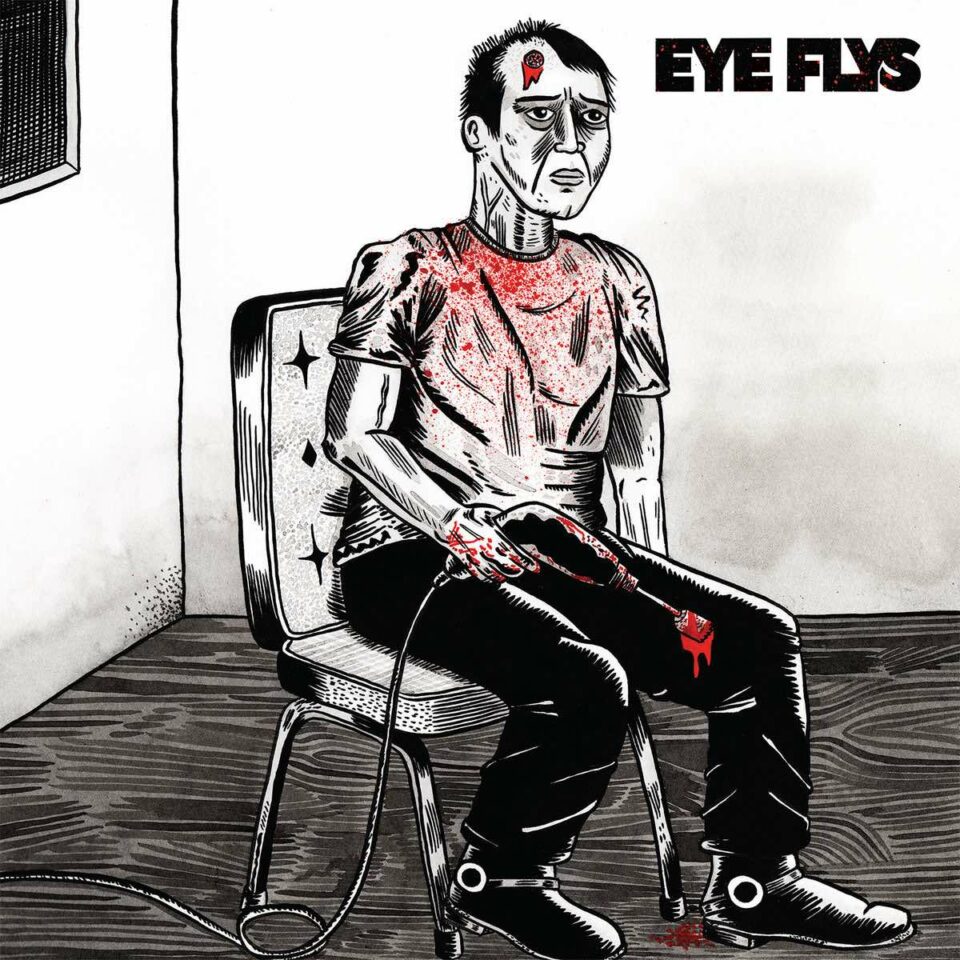
At a lean 25 minutes, the noise-rock trio’s sophomore album scarcely strays from a palette of sludge ’n’ scrape—just one application of downtuned and distorted mayhem after another.
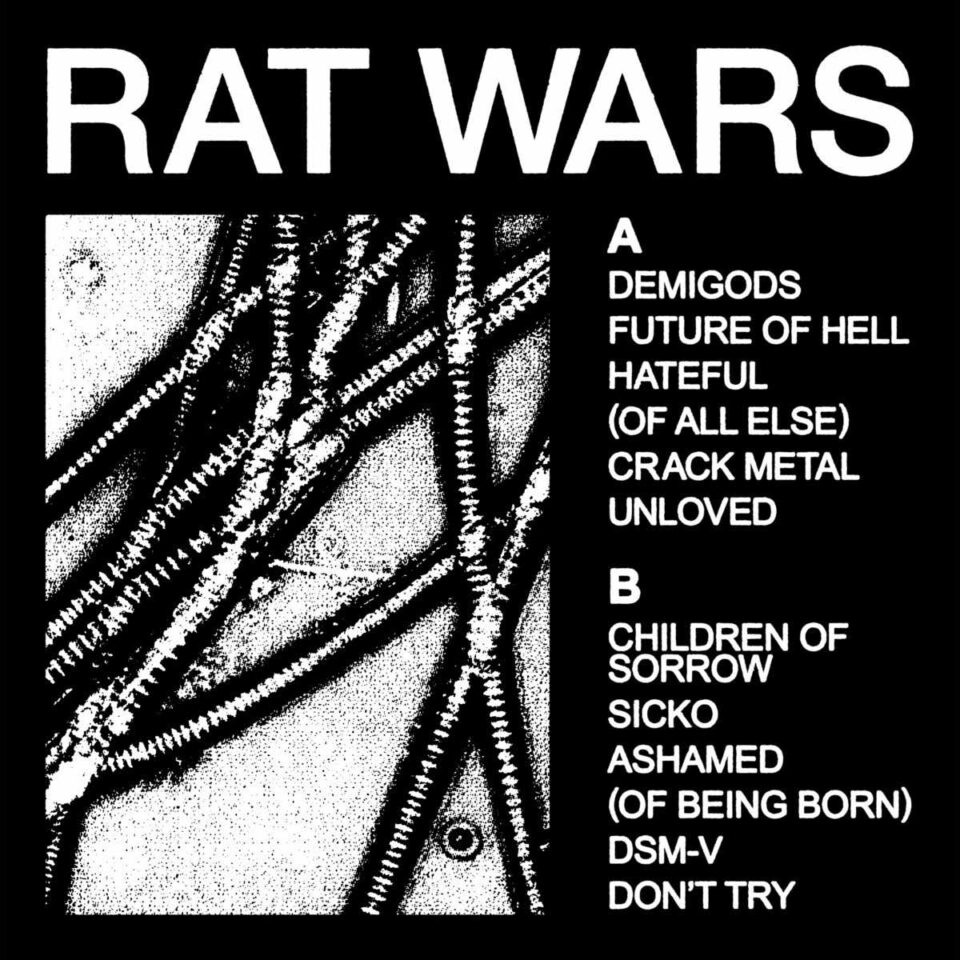
The group’s fifth album continues to solidify their goth-industrial aesthetic while remaining first and foremost a pop album—albeit one wrapped in leather and spikes.

The six collaborative tracks from the Maryland grindcore outfit and Philly shoegazers stretch both bands into new compositional terrain in addition to playing to each group’s strengths.
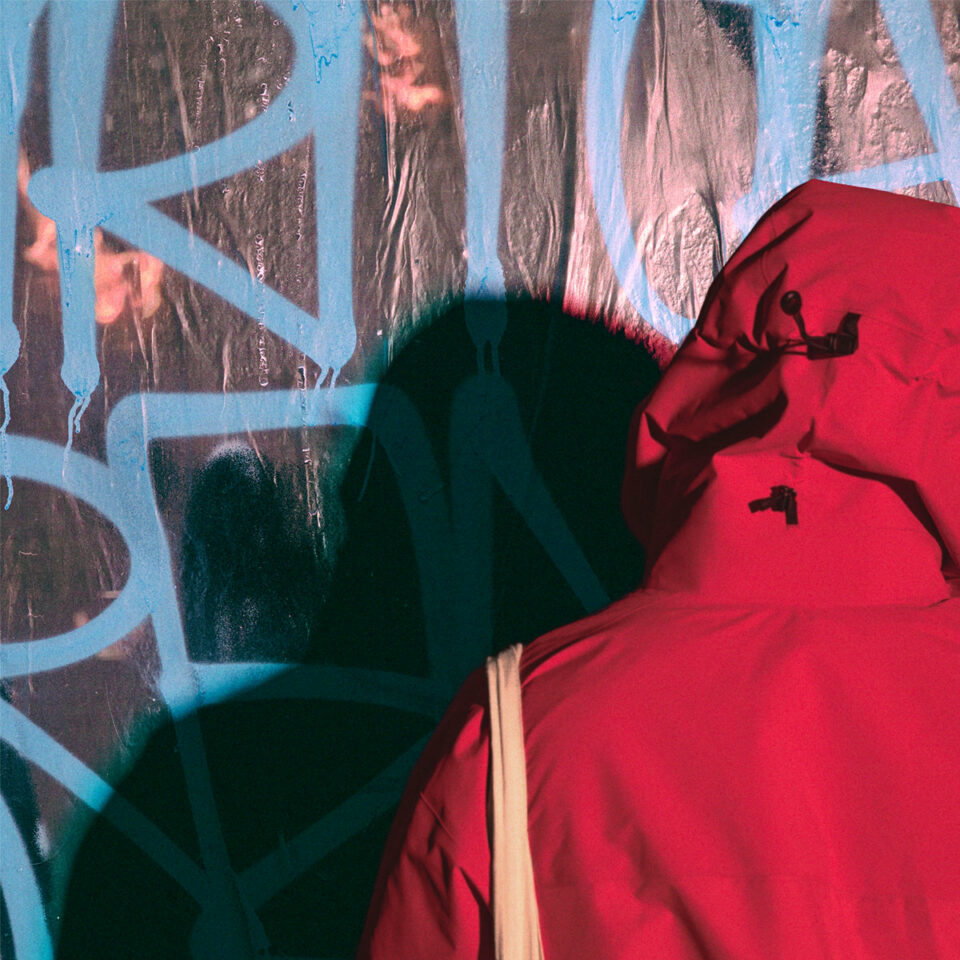
On their debut full-length, the Bay Area group polishes their punchy, fun-as-hell garage-punk anthems into radio-friendly bursts of big hooks and bigger guitars.
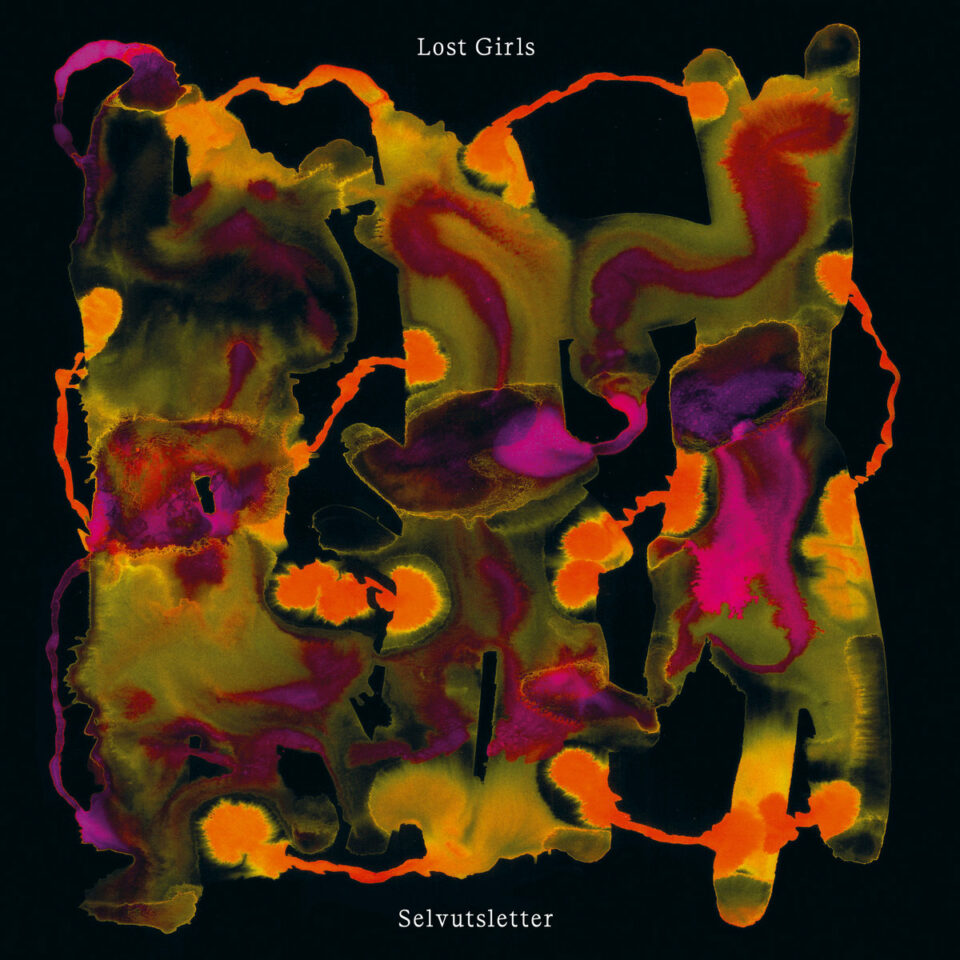
On their more urgent and improvisational second collaborative release, Jenny Hval and Håvard Voldent trade in the aesthetics and gloomy guitar of post-punk more so than electronics.
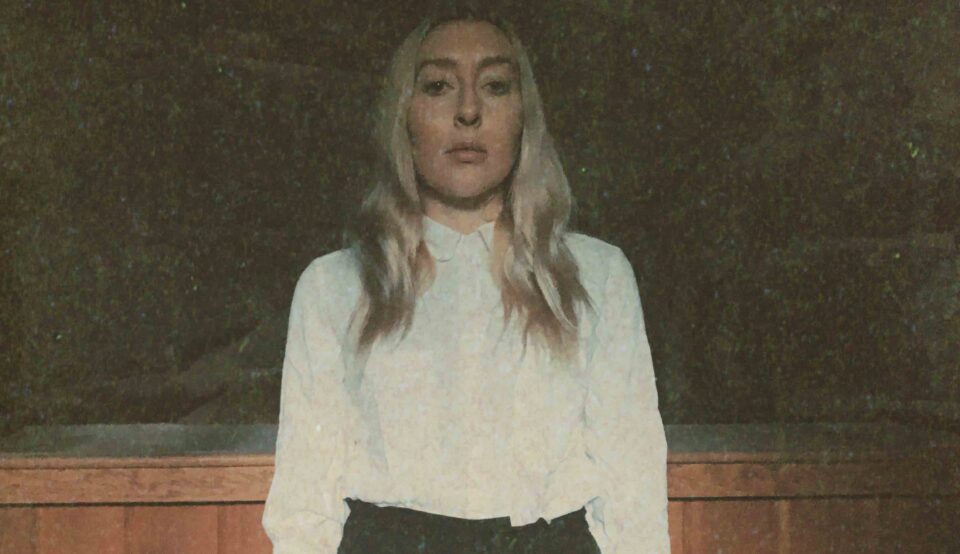
The artist formerly known as Lingua Ignota talks letting go of her former project to begin the weird process of healing.

The quartet’s thirteenth LP finds them embracing the most hypnotic aspects of their sound while emphasizing the organic physical chemistry between the musicians established over two decades.
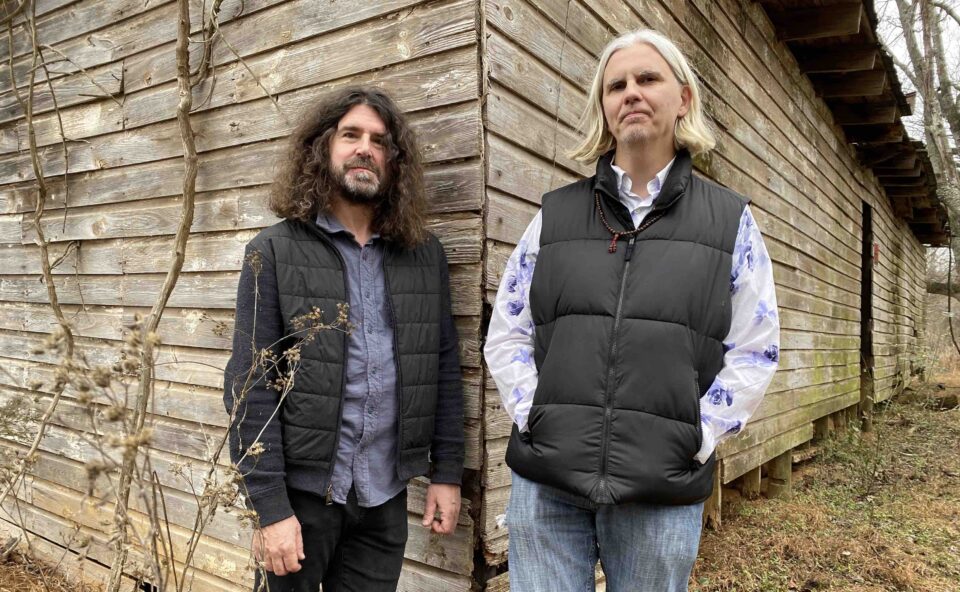
Lou Barlow and John Davis discuss reissuing their score to the controversial 1995 film and reckon with its hit song.
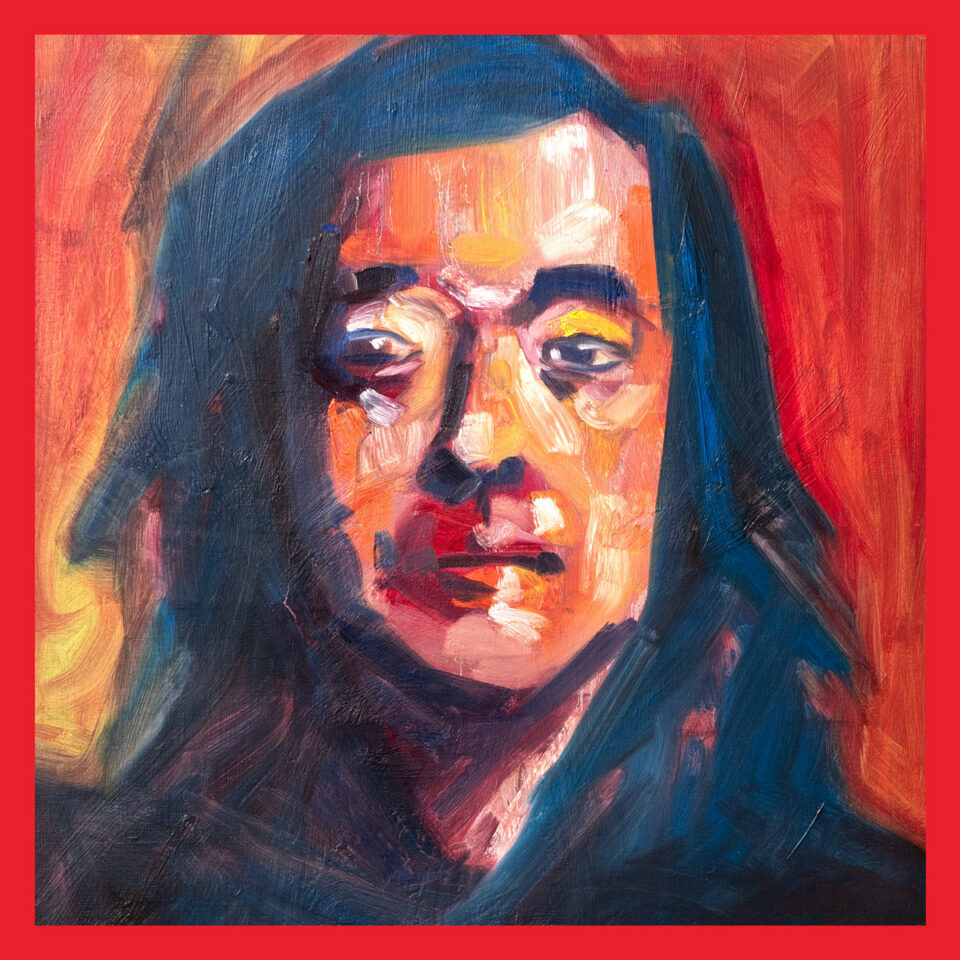
The former Fuck Buttons member’s third solo LP is marked by floor-shaking beats, powerful synths, and a reverence for spaciousness that gives each song the opportunity to breathe.

